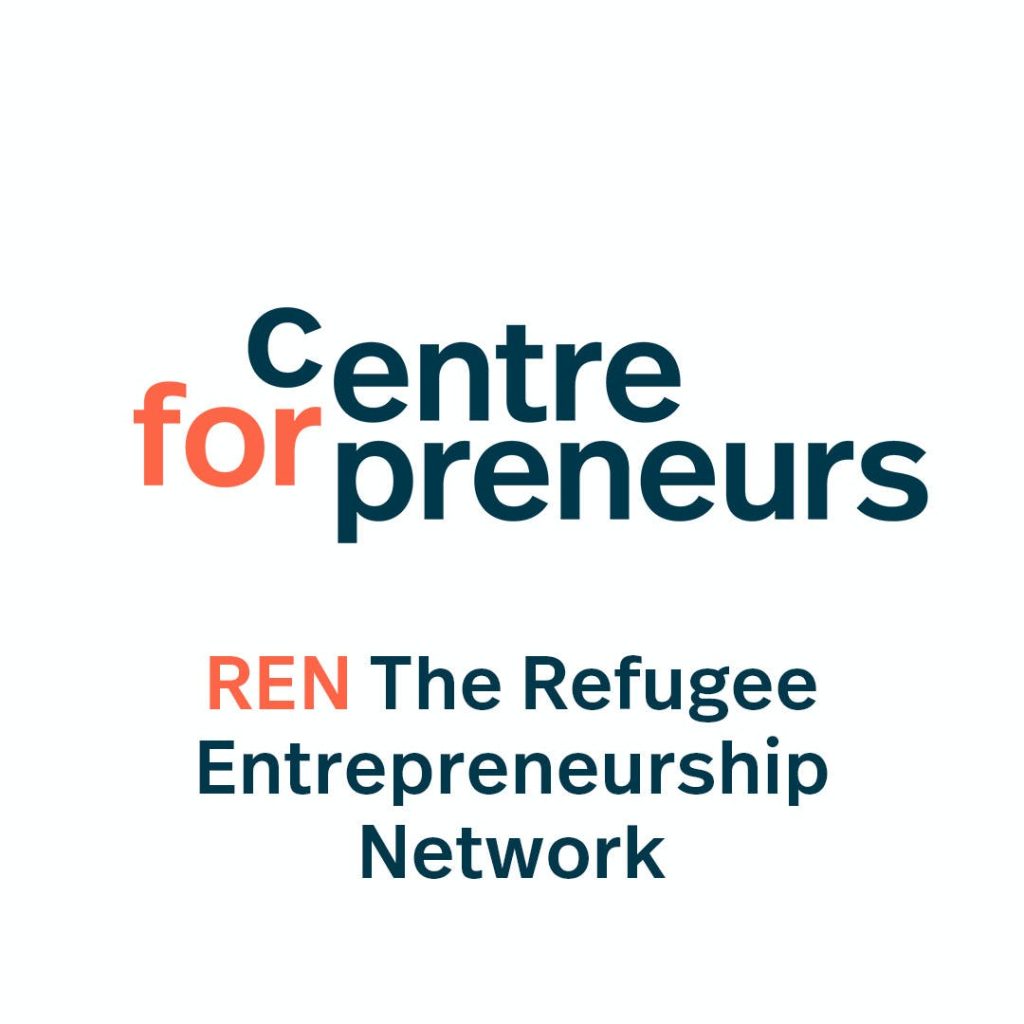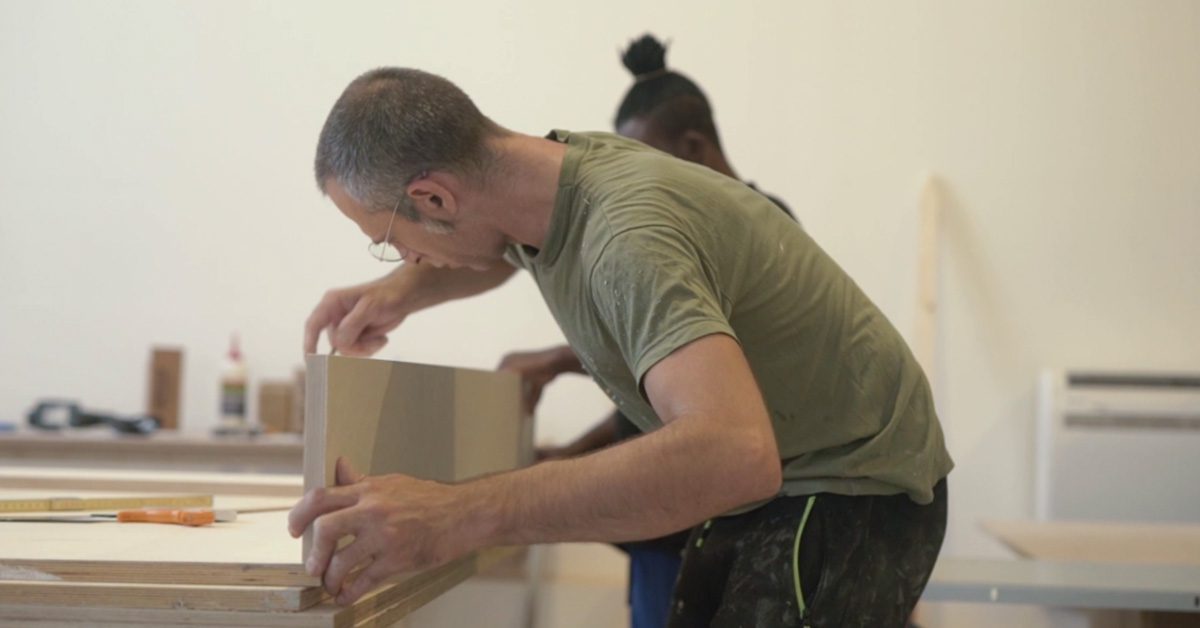ASSOCIATIONS
EAEA - European Association for the Education of Adults
The European Association for the Education of Adults (EAEA) is the voice of non-formal adult education in Europe. EAEA is a European NGO with 120 member organisations in 43 countries and represents more than 60 million learners Europe-wide.
EAEA is a European NGO whose purpose is to link and represent European organisations directly involved in adult learning. Originally known as the European Bureau of Adult Education, EAEA was founded in 1953 by representatives from a number of European countries.
EAEA promotes adult learning and access to and participation in non-formal adult education for all, particularly for groups currently under-represented.
EVBB - European Association of Institutes for Vocational Training

The European Association of Institutes for Vocational Training (EVBB) is the European umbrella association of free and non-profit educational providers.
Its objective lies in the qualitative improvement of vocational education and training in European countries and an increase in the efforts being carried out in education at a European level.
EfVET - European Forum of Technical and Vocational Education and Training
EfVET – the European Forum of Technical and Vocational Education and Training – was founded in 1991 following the recognition that Vocational Education and Training Institutions did not have a voice in Europe. VET institutions were, at the time, facing challenges to gain recognition as a key educational pathway for many young people. The Academic/Vocational divide was considerable and vulnerable young people and even adults were significantly disengaged as a result. It was time to build a network of practitioner VET institutions to secure a voice across Europe in both the policy arena and also to share and establish good practises in the delivery of VET learning.
NETWORKS
REN - CFE Refugee Entrepreneurship Network

Since launching in 2018, the Refugee Entrepreneurship Network has: facilitated best practice exchange and networking through four annual summits, regular video conference workshops, and online collaboration tools; mapped the structure, funding, content, and impact of 52 programmes run by 39 organisations across 19 countries; collated global resources and crowdsourced expert feedback on a range of research projects; and delivered UK and global advocacy campaigns to promote refugee entrepreneurship and increase the scale and impact of support available.





